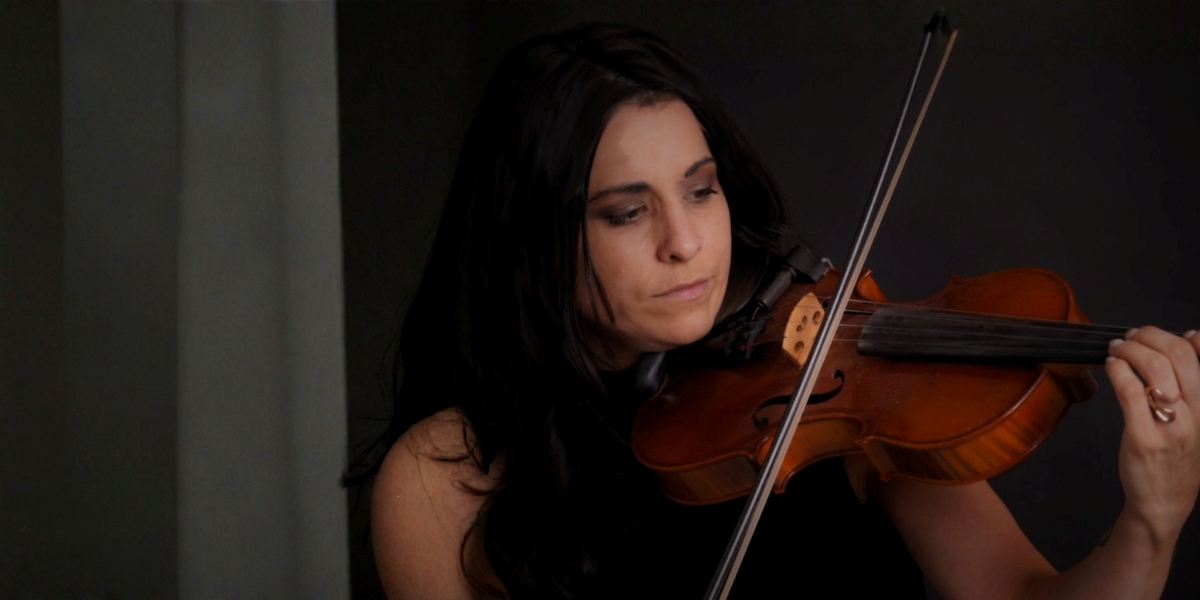Nashville’s Musical Foundations
Nashville is often called “Music City,” a name that reflects its long association with country music. Yet the city’s musical roots stretch back to the 19th century, when church hymns, folk ballads, and blues traditions shaped the soundscape of Tennessee. These early influences created a foundation that allowed country music to flourish while leaving space for other genres to take hold.
The Grand Ole Opry, first broadcast in 1925, gave Nashville national recognition. It introduced audiences across the country to performers who would become household names. The Opry’s success cemented Nashville’s reputation as a hub for country music, but it also overshadowed the city’s broader contributions to American music.
Blues, jazz, and early rock also found a home in Nashville. Local musicians carried these traditions into clubs and small venues, ensuring that the city’s music history reflects a wide range of American sounds. This diversity is what makes Nashville’s heritage distinctive and enduring.
Hidden Venues with Lasting Influence
While the Ryman Auditorium and the Opry are well known, smaller venues have played an equally important role in shaping Nashville’s identity. Clubs like The Basement, Station Inn, and Exit/In have long been gathering places for musicians and fans. These spaces allowed artists to experiment and connect with audiences in more personal settings.
Many of these venues became stepping stones for performers who later achieved national recognition. They offered opportunities for collaboration and gave new voices a chance to be heard. For listeners, they provided an intimate experience that larger stages couldn’t replicate.
These hidden spaces remain part of Nashville’s living history. They remind visitors and residents that music is not only about major stages but also about the smaller rooms where creativity often begins.
Local Legends Who Shaped the Sound
Nashville’s story is also told through the lives of its musicians. Figures like Hank Williams, Patsy Cline, and Johnny Cash are often celebrated, but the city is also home to lesser-known artists who shaped its sound. Session musicians, producers, and songwriters contributed to recordings that defined entire eras.
The city’s recording studios, including RCA Studio B, became places where history was made. Behind the scenes, local talent provided the foundation for songs that reached audiences worldwide. These contributions highlight the collaborative nature of Nashville’s music industry.
By recognizing both famous and lesser-known figures, Nashville’s history becomes more complete. It shows how many individuals, not just a few stars, built the city’s reputation as a music capital.
Museums and Historical Landmarks
Nashville preserves its music history through museums and landmarks. The Country Music Hall of Fame and Museum documents the growth of the genre and honors those who shaped it. Smaller museums highlight specific traditions, such as the National Museum of African American Music, which explores the influence of Black musicians across genres.
Historic sites also play a role. The Ryman Auditorium, once a church, became a central stage for performers. RCA Studio B remains open for tours, allowing visitors to see where iconic songs were recorded. These places connect the present to the past in tangible ways.
For those interested in broader Tennessee history, resources like What Are the Historical Landmarks in Tennessee provide additional context. They show how music fits into the state’s wider cultural heritage.
Nashville’s Ongoing Influence
Nashville continues to shape American music. While country remains central, the city now supports rock, pop, gospel, and hip-hop. This reflects the same diversity that has always been part of its story.
Local festivals and events bring together musicians from across genres. These gatherings highlight the city’s role as a meeting place for creativity. They also ensure that new generations of artists can contribute to Nashville’s ongoing story.
For audiences, Nashville offers both history and innovation. Visitors can experience the legacy of past performers while also discovering new voices. This balance between tradition and change is what keeps the city’s music culture alive.
Comparing Nashville to Other Music Cities

Nashville is often compared to cities like Memphis, New Orleans, and Austin. Each has its own musical identity, but Nashville’s strength lies in its combination of tradition and industry. The presence of recording studios, publishing houses, and performance venues makes it a complete ecosystem for musicians.
Memphis is known for blues and rock, while New Orleans is celebrated for jazz. Nashville, by contrast, has built its reputation on country but has expanded to embrace multiple genres. This adaptability has allowed it to remain relevant across generations.
For the U.S. audience, Nashville represents both heritage and opportunity. It is a place where music history is preserved while new sounds are constantly being created. This dual role sets it apart from other music cities.
Cultural Exchange and Migration
Nashville’s music history has also been shaped by migration and cultural exchange. African American musicians brought blues and gospel traditions that influenced country and rock. Appalachian migrants carried folk songs that blended with other styles to create new sounds.
The city’s growth as a recording hub attracted talent from across the country. Songwriters, producers, and performers came to Nashville seeking opportunity, and their diverse backgrounds enriched the city’s music culture.
This exchange continues today. Nashville remains a destination for artists from across the U.S. and beyond, ensuring that its music scene reflects a wide range of voices and experiences.
Timeline of Key Milestones in Nashville’s Music History
1700s–1800s: Early Traditions
- Late 1700s: Settlers celebrated their arrival on the Cumberland River with fiddle tunes and buck dancing.
- 1800s: Church hymns, folk ballads, and traveling performers shaped the city’s early sound.
1870s–1900s: Fisk Jubilee Singers and National Recognition
- 1871: The Fisk Jubilee Singers toured internationally, introducing spirituals to global audiences and giving Nashville early recognition as a music city.
1920s–1940s: The Grand Ole Opry and Radio
- 1925: WSM Radio began broadcasting the Grand Ole Opry, giving Nashville national exposure and cementing its identity as a music hub.
1950s–1960s: Recording Industry Growth
- 1957: RCA Studio B opened, producing hits for Elvis Presley, Dolly Parton, and others. The “Nashville Sound” emerged, blending country with pop influences.
1970s–1990s: Expansion Beyond Country
- Venues like Exit/In and Station Inn supported rock, bluegrass, and alternative acts, broadening Nashville’s cultural reach.
2000s–Present: Preservation and Innovation
- 2006: The Fisk Jubilee Singers were inducted into the Music City Walk of Fame.
- 2021: The National Museum of African American Music opened, highlighting the contributions of Black musicians.
- Today: Nashville supports country, rock, gospel, pop, and hip-hop, reflecting its ongoing role as a national music hub.








